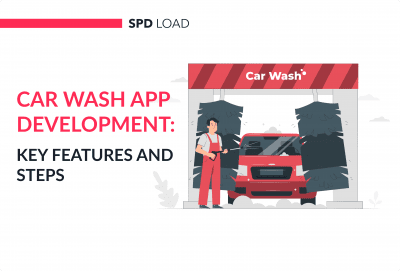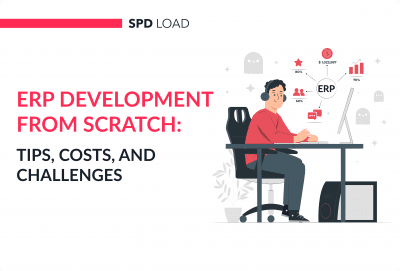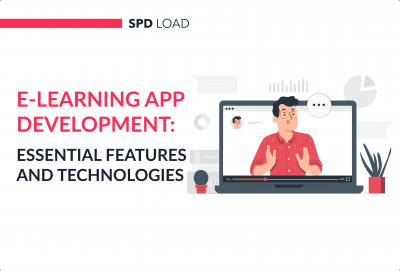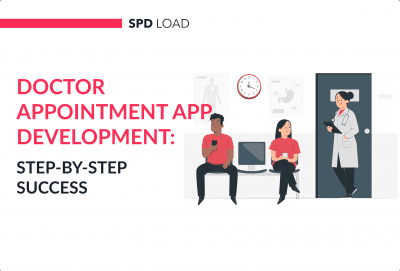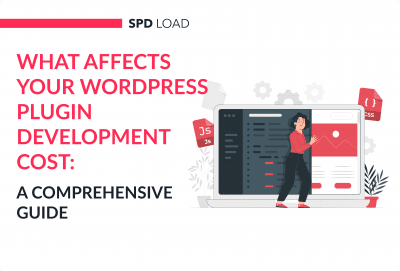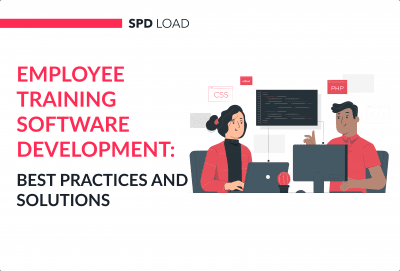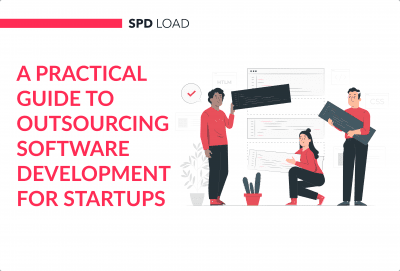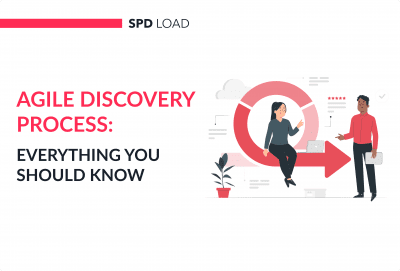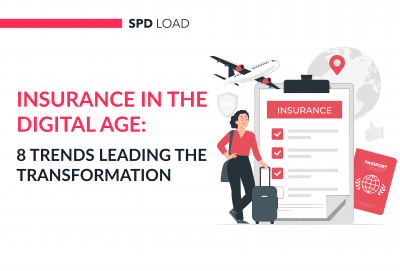How to Create a Crowdfunding Platform: Ultimate Guide
- Updated: Nov 12, 2024
- 14 min
Crowdfunding has become increasingly popular in the past decade, allowing creative projects and startups to directly connect with supporters.
This guide explains everything you need to know about building your own crowdfunding website.
You’ll learn:
- Key crowdfunding website stats and trends to help your business plan
- Step-by-step instructions on the main website features
- Crowdfunding software to simplify development
- Ideas for marketing your website and attracting campaigns
- Ways to review crowdfunding campaigns and manage risk
- Money models and ways to make money
This guide offers practical tips and insights on crowdfunding websites, with bonus infographics.
Let’s dive in!
Unlock your business's full potential with our tailored web solutions — start transforming your ideas into reality today!
Crowdfunding Market Overview
The ideation stage of creating a new product always leaves one with a mixed feeling, and this is often due to the confusion about how profitable the product will become.
However, there are verifiable statistics suggesting that building a crowdfunding website like Kickstarter is very profitable. Some of those stats include:
- The crowdfunding market currently grows at a CAGR of 14.5% annually;
- As of November 2023, the number of projects launched worldwide on the American crowdfunding platform Kickstarter exceeded 609,000.
- Crowdfunding campaigns in the technology industry have raised over $3.2 billion.
These statistics show that the crowdfunding market is very large and expected to grow much larger over the next few decades.
With this knowledge in mind, let’s elaborate on the ideal process of creating a crowdfunding platform.
But before that, we’ll first dig into some foundational knowledge to acquaint yourself with.
Things to Know Before Starting a Crowdfunding Platform
Crowdfunding platforms are websites designed to help raise funds towards a specific funding goal.
Similar to online donation platforms, crowdfunding platforms are websites designed to help raise funds towards a specific funding goal.
As a startup with a desire to build its own crowdfunding platform, you should realize that you’re competing with other notable types of crowdfunding websites like Fundly, Indiegogo, GoFundMe, Kickstarter, or Patreon.
Thus, being innovative is a must.
You can make your product highly valuable by ensuring the following:
- Appeal to a unique niche, e.g., non-profit organizations, real estate, equity crowdfunding
- Have a unique business model, a comparison model, or other functionality
- Add payment processing methods that are hardly accepted by other platforms, e.g., cryptocurrency.
- Another example is to integrate payment gateways designed for emergency economic countries of Latin America, Africa, or East Europe. But pay attention to processing fees.
Let’s consider 3 things, that would help your own crowdfunding platform to beat the competition in their field.
1. Have a Clear Concept in Mind
To build a successful crowdfunding business, a startup founder should have a clear idea of the future product. Here is a simple checklist to help you find a starting point in validating your idea:
- Who will the platform be created for?
- What is the target market?
- What is the target user?
- What problem will my platform solve?
- Why should the user choose my platform and reject the current solution?
- What is my unique value proposition?
Ensure that team members are on board on the aforementioned. For example, Patreon is a crowdfunding platform for creators and their content. Meanwhile, Kickstarter is rather a platform for craft projects.
2. Consider Legal Compliance
Most nations have laws regulating the operations of crowdfunding sites.
For example, crowdfunding platforms operating in the United States have guidelines set up by the U.S. securities and exchange commission, and breaking these laws has dire consequences.
A way to stand in line with legal stipulations is by hiring a regulatory compliance team, partnering with a law firm, or by consulting with an individual with requisite knowledge of crowdfunding monetization model regulations.
3. Budget for Marketing
The goal of creating any new product is to ensure that a target audience uses it.
To achieve that aim, you need an effective marketing strategy that’s backed by a robust budget.
Judge for yourself – there are multitudes of crowdfunding platforms on the internet, but even you, as a future founder, can only mention a handful.
It’s best to have a marketing budget that’s 2-3 development budgets per year. That is, if you spend $100,000 on software development of your crowdfunding site, the marketing budget should be $200,000-$300,000 annually.
It helps to reach out to a product/market fit organically and find a working monetization model to start generating recurring revenue as soon as possible.
Let’s now dive right into the structure of crowdfunding development costs.
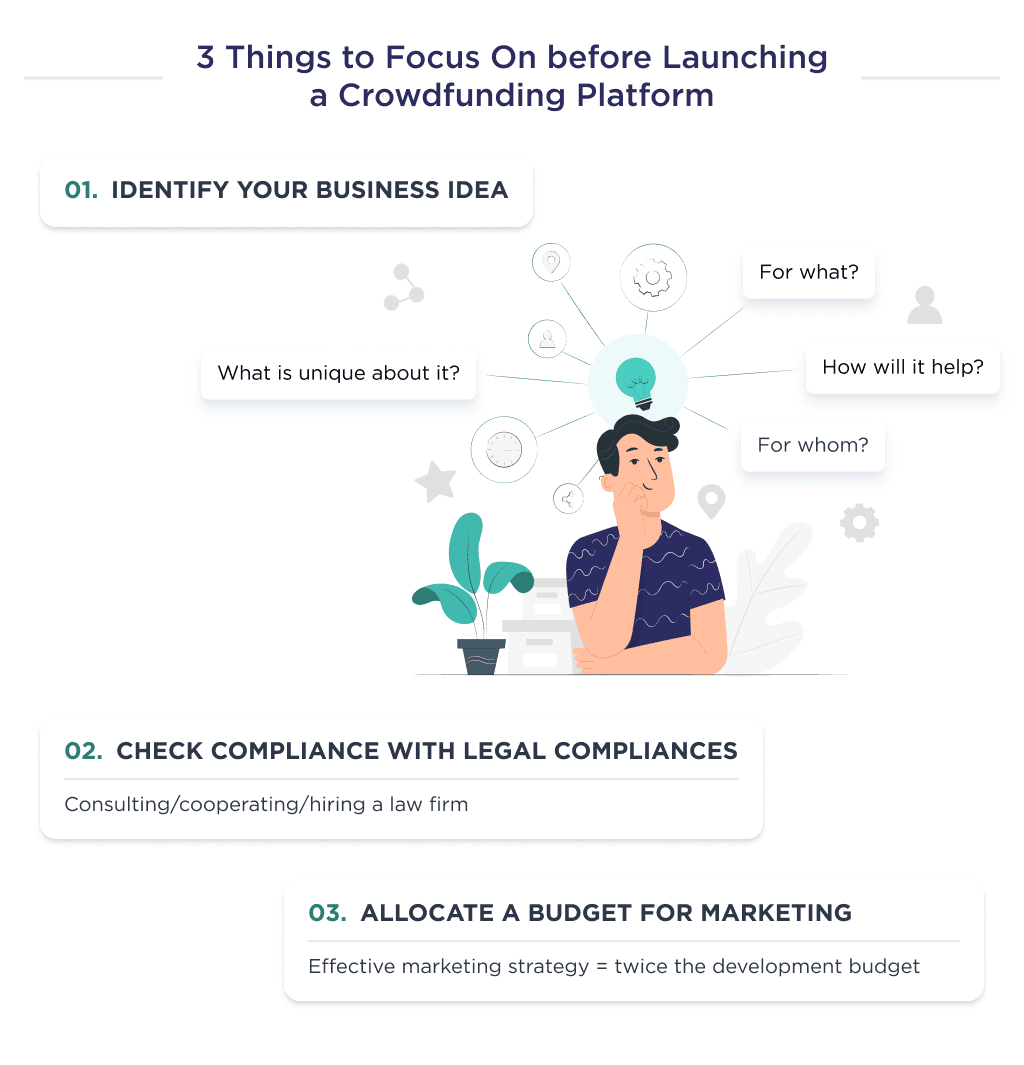
Cost to Build a Crowdfunding Website
A typical crowdfunding website will cost from $60,000 to $230,000 to create.
The exact cost depends on a varying number of development factors, some of which include the complexity of the business model and features, and the level of the development team.
Of all those cost-influencing factors, the most significant is the web development team, and this isn’t a surprise since an extensive period will be deployed in writing necessary codes.
Furthermore, the web app development team affects the cost in two ways: the type of team and their location.
Cost Based on Team Type
As a startup, there are different ways to hire or partner with a preferred team. Some of your choices include an in-house team, freelancers, your local agency, or outsourcing in East Europe or South Asia.
However, any option you choose has its merits and demerits, and you’ll have to consider those pros and cons dutifully.
For example, an in-house option gives you more flexibility and full control over the website development process. However, you’ll spend more on paying salaries and setting up a conducive environment.
To give you an idea of a required budget, we’ll use an example of Minimum Viable Product development cost, which would take 1500 hours.
| Type | Average cost, $ |
| In-house team | 180,000 |
| Local development agency | 225,000 |
| Freelancers | 45,000 |
| Outsourcing agency | 60,000 |
Here are the best IT outsourcing companies with proven results.
Beyond the team type, their location is also another factor to consider.
Cost Based on Team Location
| Location | Average cost, $ |
| Australia | 180,000 |
| The USA | 225,000 |
| The UK | 200,000 |
| Western Europe | 160,000 |
| Eastern Europe | 60,000 |
| South Asia | 45,000 |
The difference based on team location is often because of labor laws and the comparative cost of living in each country.
Thus, you’ll most likely be getting the same effectiveness and quality by partnering with a team from a country with a cheaper cost.
Since you now have the cost estimate of creating a crowdfunding product, let’s inform you of the step-by-step processes involved in crowdfunding website development.
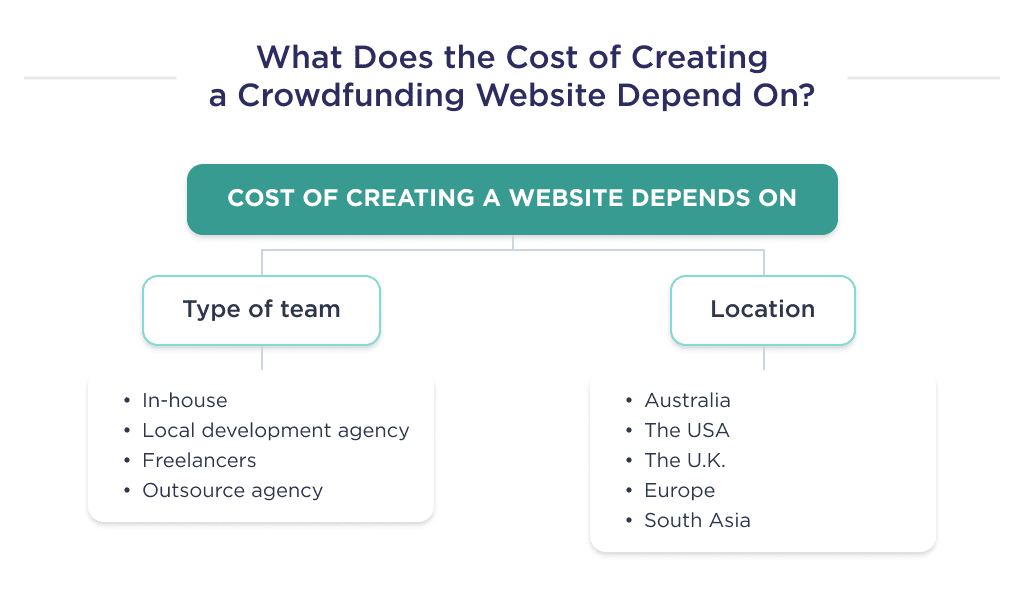
Build a Crowdfunding Website With Less Risk: Follow the Discovery Phase Approach
The creation of crowdfunding can be full of pitfalls and challenges if you have something revolutionary in mind.
The reason? It can be a challenge for developers that no one has solved yet.
And your team will have to find a solution or set of solutions to achieve the business challenge.
Actually, there is a project discovery phase in the development process to predict such cases.
The workflow for a discovery phase depends on the company, style, and the team leader’s project. A typical discovery phase for a crowdfunding website often follows this predictable pattern:
- Interview with the founder
- Analysis of the product’s primary idea
- Market, target audience, and competitor analysis
- Design of the user experience wireframes
- Estimation of development cost and timeline
- Drafting of software requirements
- Prototyping
- Delivery of expected project blueprint
Let’s elaborate further on the checklist above:
1. Meet With Stakeholders
The focus of the entire creation process involves evolving the concept of the project from the ideation stage to a product that’s of importance to an identified target audience.
Thus, the team’s project manager and business analyst should first meet with the founder for an apt understanding of the basic concept.
In the meeting, the project manager and business analyst will be looking for answers to the following:
- What problems will the product be solving?
- Which startup is doing something similar?
- Did you do KYC or Know Your Customer research? What are the results of it?
- What is your product’s unique selling proposition?
- What key features does the founder propose? How will your customers raise money? Is there something special about this process?
- How will your business model of raising funds work? Where is your growth driver?
- What market should the product’s marketing campaign target?
The meeting minutes are then shared with other members of the team to prevent ambiguity.
2. Analyze Competitors
A great way to have a head-start over other startups is by analyzing market leaders. Pay attention to the following details during analyzes:
- Your competitors’ location
- Your competitors’ marketing strategy
- Features and aspects of their crowdfunding software
- Weaknesses
For your crowdfunding solution, competitions to watch out for include Crowdfunder, Fundable, GoFundMe, or Seedrs.
3. Define System Requirements and Analyze Data
This step involves aggregating information from the phase above into a concrete set of business models and technical requirements. The technical requirement is used to develop an interactive prototype to guide the coding process, while the business model guides the marketing process.
4. Estimate Budget and Timeline
The project manager should use the information above to draft and allocate tasks to every team member. Each team member should have a clear description of the expected deliverable and the deadline for that.
When you’re done with the planning stage, it’s time to move on to development. Let’s look at the details.
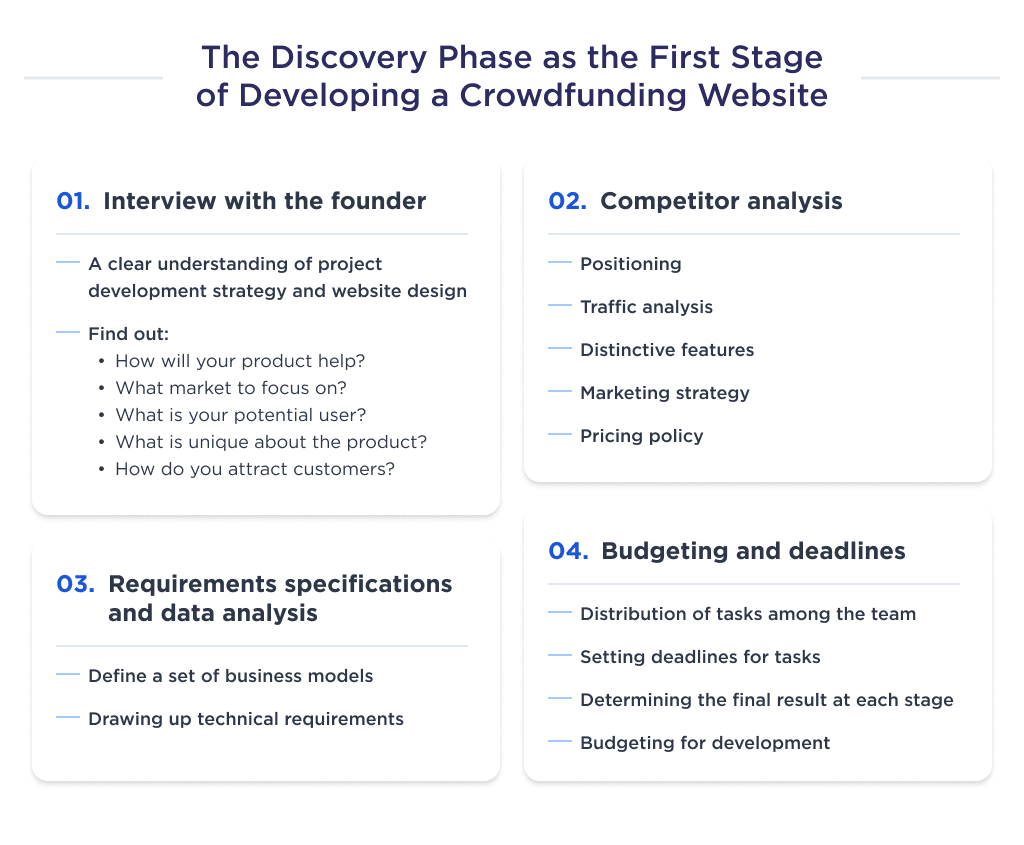
Step-by-Step Guide to Building a Crowdsourcing Platform
Ensure your website creation process aligns with the checklist below for a highly sought-after crowdfunding application.
Let’s look at a six-point checklist of steps to take:
- Create a mind map of expected user experience
- Think through a visual style
- Partner with a reliable development team or DIY
- Quality assurance testing
- App launching and maintenance
- Collect user-generated suggestions and implement them
The above checklist is quite succinct. Here’s a more elaborative step-by-step guide:
Step 1: Product Design
The design phase helps to create a visual of the founders’ concept. This is because the pictorial illustration created forms the building block for the coding and structuring process.
An ideal product design phase should feature these three steps.
Mind mapping
This is a detailed diagrammatic description of the user’s thought process while using the app. An effective mind mapping process seamlessly and competently links the discovery and production stages.
After this step, you will get a mind map of your future product, which includes a decomposition of all screens, functions, and access by role.
UX Design
The crux of this step is based on mapping out the expected experience that a user gets from using your product. In the case of a crowdfunding platform, the UX design has to detail the experience of the individual/organization seeking funds and the contributors.
As a result of this step, you will get the UX wireframe. It is a low-fidelity, simplified outline of your product.
You can recognize them by their distinctive layouts, lines to represent text, and X squares indicating placeholders for future images.
The usability and efficacy of the crowdfunding app are dependent on the UX wireframe.
You can check the example here.
UI Design
The User Interface design is the process of creating an interactive experience that will allow users to interact with the product in an intuitive manner.
To have an apt customer retention rate, ensure that the deliverable appropriately depicts prospected features and is aesthetically appealing to users.
This churn rate calculator is a useful tool for SaaS businesses aiming to maintain a stable customer base.
As a result of this step, you will get the User Interface kit accordingly to UX.
Such a kit is a collection of fonts, buttons, shadows, and other elements that forms the visual style of your website.
Each of these processes requires top-notch intuitiveness to perform; thus, the tasks involved may be time-consuming.
For the product design phase to be deemed successful, then the prototype and/or wireframe should adequately exemplify the product ideation.
Every button on the wireframe or prototype is then independently coded by the front-end and back-end developer.
So, the ultimate outcome of the design phase will be a clickable prototype.
In fact, this is a clickable UI design, that acts accordingly to User Experience logic, but without a line of code under the hood.
It is a solid representation of your app’s visuals, navigational elements, and interface interactions.
It helps the programmer to easily code the essential features you’ll need on your crowdfunding platform.
The entire design team should have a goal to maximize your product’s aesthetics and also improve users’ engagement rate, responsiveness, and website efficiency.
Once the design is ready, it’s time to transform it into a live web app.
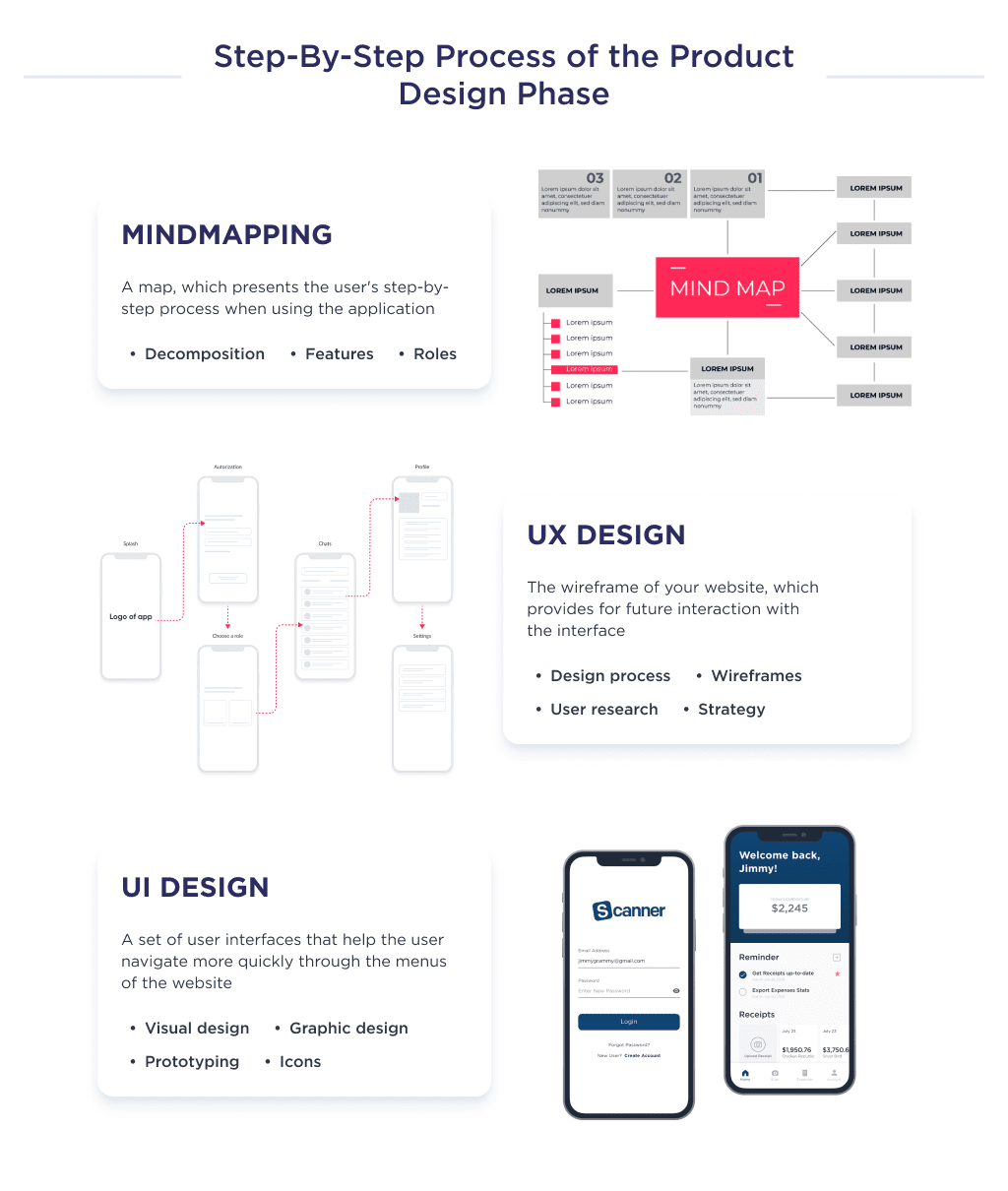
Step 2: Development and Testing
The development phase combines the delivery of the previous planning and design phases to create a live and functioning website.
Depending on the business task at hand, the founder has several options for how to design a crowdfunding website.
Sometimes, even without the use of code or custom UX/UI design.
For example, you could use:
- White-label templates
- WordPress templates and plugins
- Open-source solutions
- eCommerce website constructors. Discover eCommerce startup ideas that fit the latest trends and customer demands.
These options allow a cheap way to validate an idea. But in this guide, we’ll talk about a case where you decided to develop a custom MVP from scratch.
Considering custom WordPress website development? We explain the benefits and what it takes to get started.
Let’s take a closer look at the required MVP features.
MVP Features for a Crowdfunding Website
By MVP, we’re describing a minimum viable product with only a handful of features to support the core processes involved in crowdfunding. It offers you the most practical way of testing your crowdsourcing website within your target market.
Once the user experience from the MVP is satisfactory, the site is then scaled by adding more customer-oriented features.
We’ll consider 3 roles: a Fundraiser, a Payer, and an Administrator.
The Fundraiser-oriented Features
| Features | Description | Estimated Time |
| Sign up and sign in | The signup feature helps to register fundraisers to the crowdfunding platform, while the sign-in feature helps authenticate them to the account they’ve already created. | 80 |
| Create and edit profile | This feature allows fundraisers to submit some personal details and make some settings that are helpful in achieving campaign goals. | 60 |
| Create and edit campaign | This feature helps you to set parameters to fundraise, make new projects go live, and modify existing campaigns. Pay attention to creating a user-friendly FAQ section editor, as it is one of the most powerful trust-building tools. | 200 |
| Integration with social media | This feature allows fundraisers to integrate their campaigns with social media platforms. For advertisers looking to maximize exposure, our CPM calculator helps manage costs while reaching more people. | 60 |
| Receive funds | Here, you can view the net sum of funds contributed towards your campaign and withdraw them to achieve the laid-out objectives. The funds will go to the customer’s bank account. | 120 |
| Analytics dashboard | The analytic dashboard gives you a deeper insight into the details of donors. E.g. overview of investors’ profiles. | 80 |
The Payer-oriented Features
Crowdfunding backers also have their unique set of MVP features, some of these include;
| Features | Description | Estimated Hours |
| Sign up and sing in | Donors need to register their details on the platform via the signup process. They’ll sing-in to their registered profiles to access custom settings and track donations. | 80 |
| Create and edit profile | This functionality contains a gamut of donor-specific information and setting for a better user experience on the app. | 60 |
| Listings | With Listing, the donor will have access to a list of campaigns with similar objectives. | 100 |
| Search and filter | This feature helps donors to find campaigns and sort the result according to an array of criteria. | 60 |
| Send funds | As the name depicts, it helps to transfer funds from the donor side to the campaign’s management team. This feature requires a payment gateway that accepts money from credit cards, peer-to-peer apps like PayPal and Stripe, and other noteworthy payment systems. | 120 |
| Analytics dashboard | The analytic dashboard allows users to have an overview of the money they’ve donated, the causes the money is for, and other helpful statistics. | 80 |
Once the donor features are inculcated into the website, the development team can then work on the admin side of the application.
The Admin-oriented Features
| Features | Description | Estimated Hours |
| User management | The user management feature guides the admin’s ability to limit and authorize access to certain resources. | 60 |
| Campaign management | Campaign management features help the admin manage the entire donation process. They can set parameters on the threshold, types of donors, location of donors etc. They’ll also have an overview of new projects. | 80 |
| Financial management | Funds donated are managed through this feature. | 80 |
| Integrations management | The integration management feature ensures proper coordination of all project elements. | 100 |
| Analytics dashboard | The analytics dashboard provides the admin with the ability to drill into the detail of their data and support root-cause analysis. | 80 |
Advanced Features to Include in a Full-Scale Crowdfunding Website
If you’d rather create a web app with all user-oriented features possible, consider including these:
- Funding calculator
- A pre-launch page
- Widget of a campaign
- Targeted notifications
These features will help future business owners to launch more effective equity crowdfunding campaigns.
Learn more about the web application development process in our recent blog.
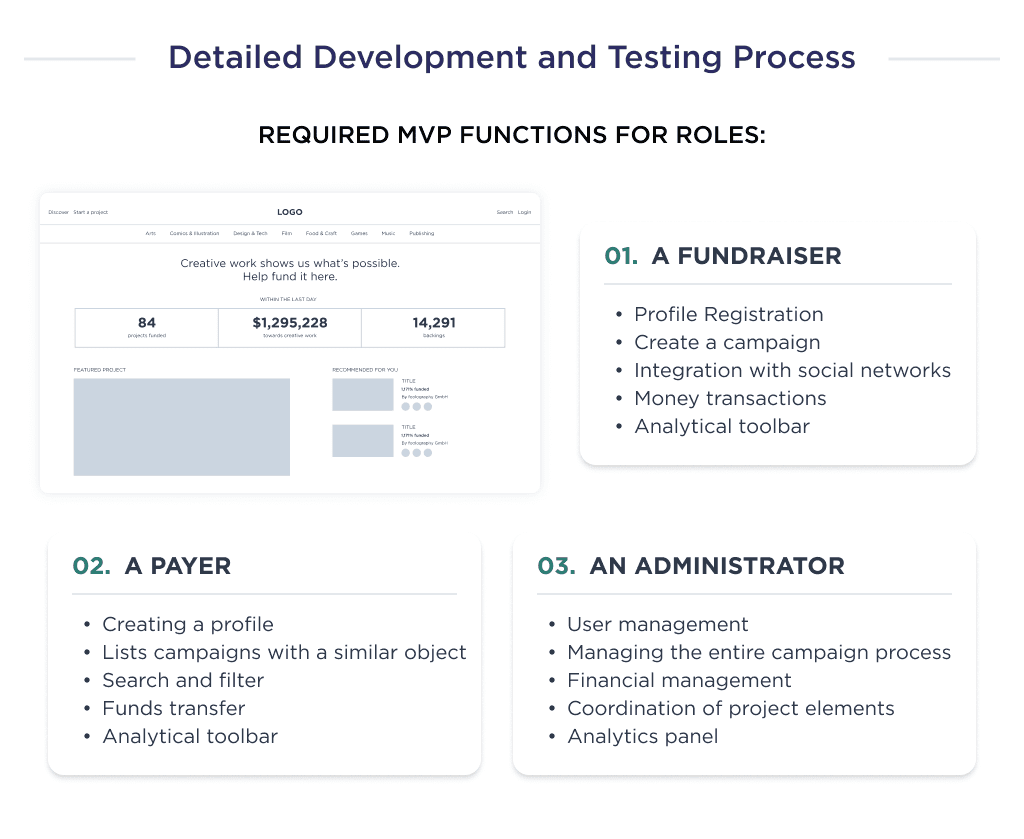
Step 3: Website Launch
Once the product developed appeals to founders and stakeholders, the next logical step is launching the website.
The end goal of all tech product development is to launch an online platform that not only drives visitors but also maintains high user engagement and retention rates.
To align with this goal in the crowdfunding market, ensure you have a reliable customer feedback loop.
Achieving the right feedback loop process requires a fully dedicated website maintenance team that has proven expertise in using tech stacks that guarantee quick adjustments.
An apt and timely product modification further improves the user experience.
Ideally, the maintenance team should be sustained with a budget of not less than 25% of the cost of creating the crowdfunding website.
This means that if the total web app development cost is $100,000, then the product maintenance team should be sustained with not less than $25,000.
Irrespective of the type and niche of the crowdfunding platform, the crux of their activity entails:
- Addition of new user-oriented features
- Debugging of development codes to look for sources of errors.
- Meeting with the development team to discuss customer complaints and brainstorm on potential solutions
- Running surveys to find potential pain points for users
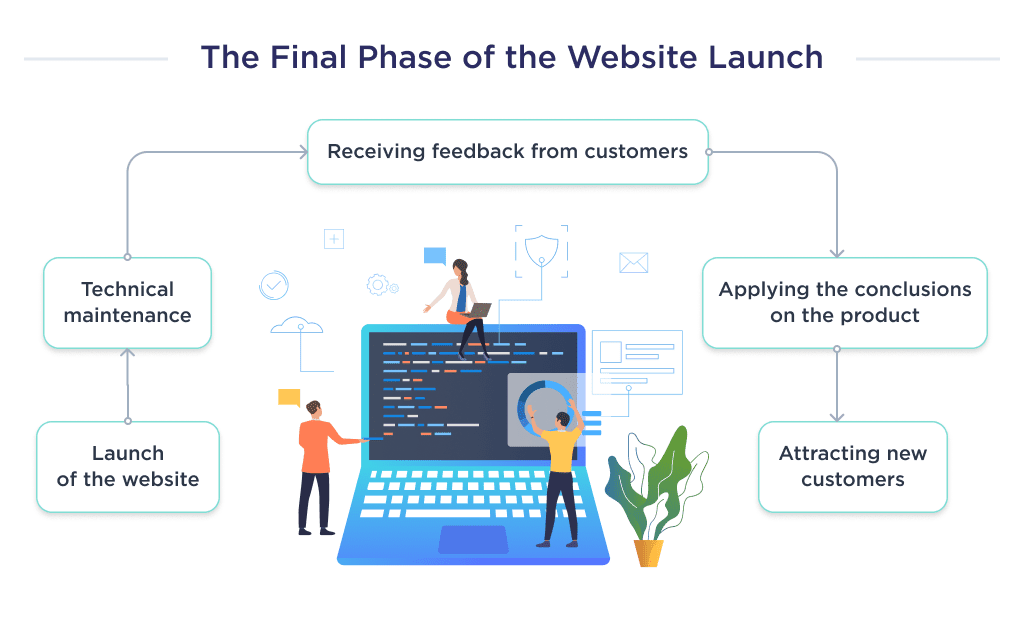
Interested in the tech stack and team that will build your crowdfunding website? We’ll discuss that next.
Required Team to Develop a Crowdfunding Website
The team of experts you’ll need to create your crowdfunding platform include:
| Required Team | Description of a role |
| Project Manager | The project manager plays a role in planning the discovery phase, signaling the beginning of a milestone, coordinating the team, ensuring that the project adheres to the desired crowdfunding model, and closing out the project. |
| Business Analyst | The business analyst conducts market analyses and research on the profitability of the business idea in the crowdfunding market. |
| UX/UI Designer | The duty of the UX/UI designer entails creating user-friendly interfaces that enable users to maximize the possibilities that exist on the crowdfunding platform. |
| CTO | The CTO oversees all technology and technological resources, establishes the technological vision, and maps out a technological growth plan. |
| Back-end developer | Back-end developers create, code, and improve the server, server-side applications, and databases such that, when combined with front-end codes, they help create a functional, seamless experience for the end-user. |
| Frontend developer | A front-end developer is responsible for creating the interface of your website. He connects design to the backend and makes sure, that each interaction works well. |
| QA tester | Quality assurance helps to guarantee effectiveness and reliability during fundraising campaigns. They do this by identifying and helping to prevent glitches. |
| DevOps | DevOps Engineers are responsible for supporting the users of the infrastructure they develop and the primary line of defense in protecting data against viruses and hackers.If you want to learn more about DevOps specialists, check out our DevOps glossary that covers key terms to help you stay on top of DevOps practices and tools. |
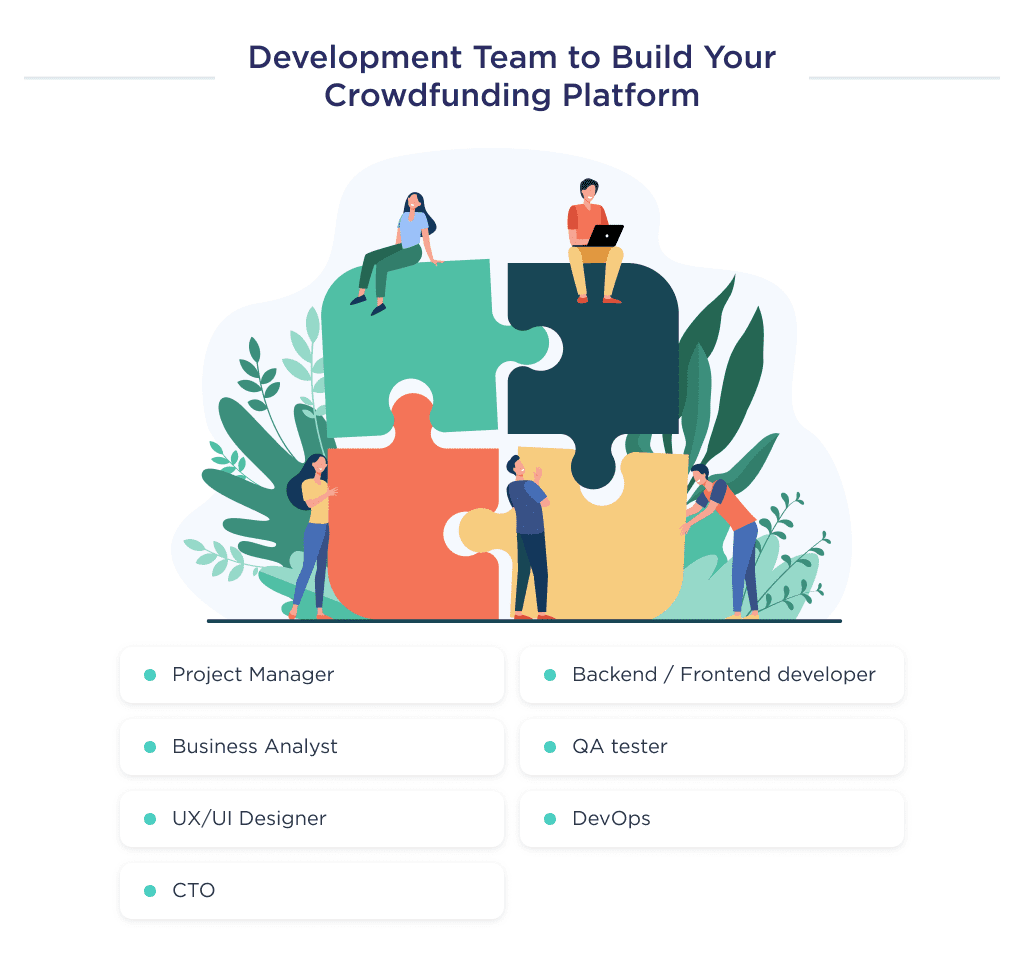
Required Tech Stack for a Crowdfunding Website
Your team of developers should have a vast knowledge of the following tech stacks;
| Development Aspect | Tech Stack |
| Back-end tools | Laravel, NodeJ.S., MySQL, Redis, MongoDB, VULTR |
| Front-end tools | Swift, Kotlin, React |
| Hosting | Amazon Web Services |
| UI/UX | Figma, Principle, balsamiq |
| Management | Jira Software, slack, confluent |
Wondering how to choose the best hosting for your SaaS platform? This article on hosting for SaaS can help.
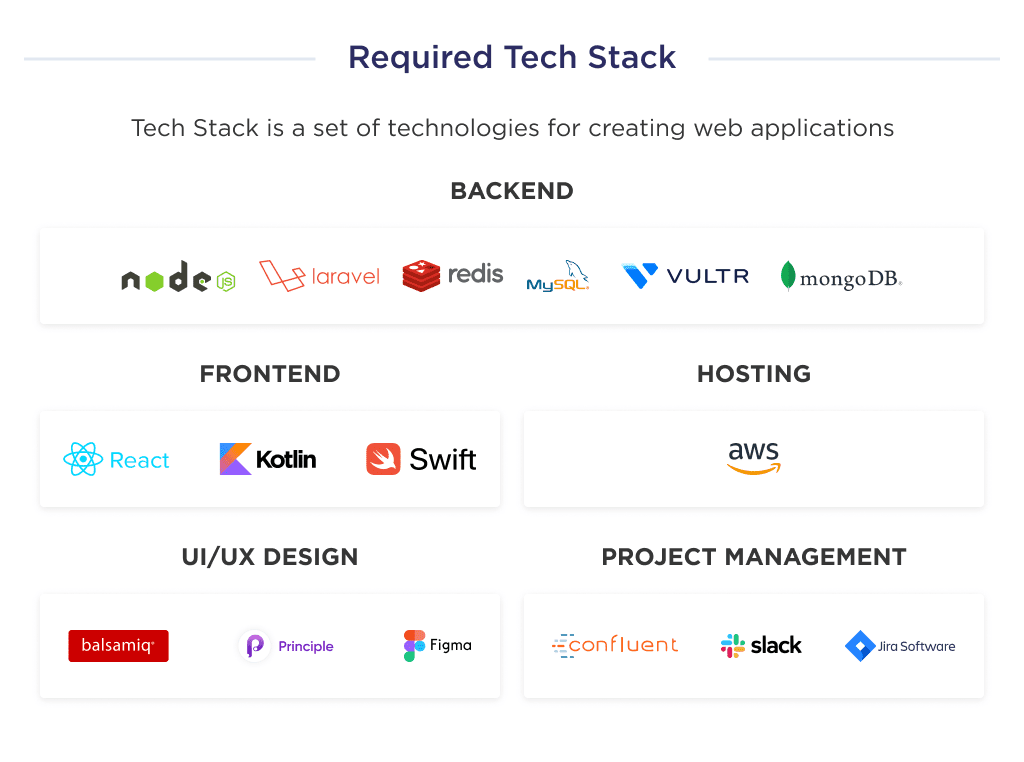 Looking for a Reliable Tech Partner?
Looking for a Reliable Tech Partner?
Creating a successful crowdfunding platform is a complex process that requires thoughtful planning, expert development skills, and a deep understanding of your target users.
However, you don’t have to go through it alone. You can gain specialized expertise and resources by partnering with an experienced development company.
Let’s connect and explore how SpdLoad can help you transform your idea into a funded success.
Bonus Infographic
Here’s a summary of our in-depth guide. Learn the highlights of the step-by-step process of developing a crowdfunding website from scratch.





